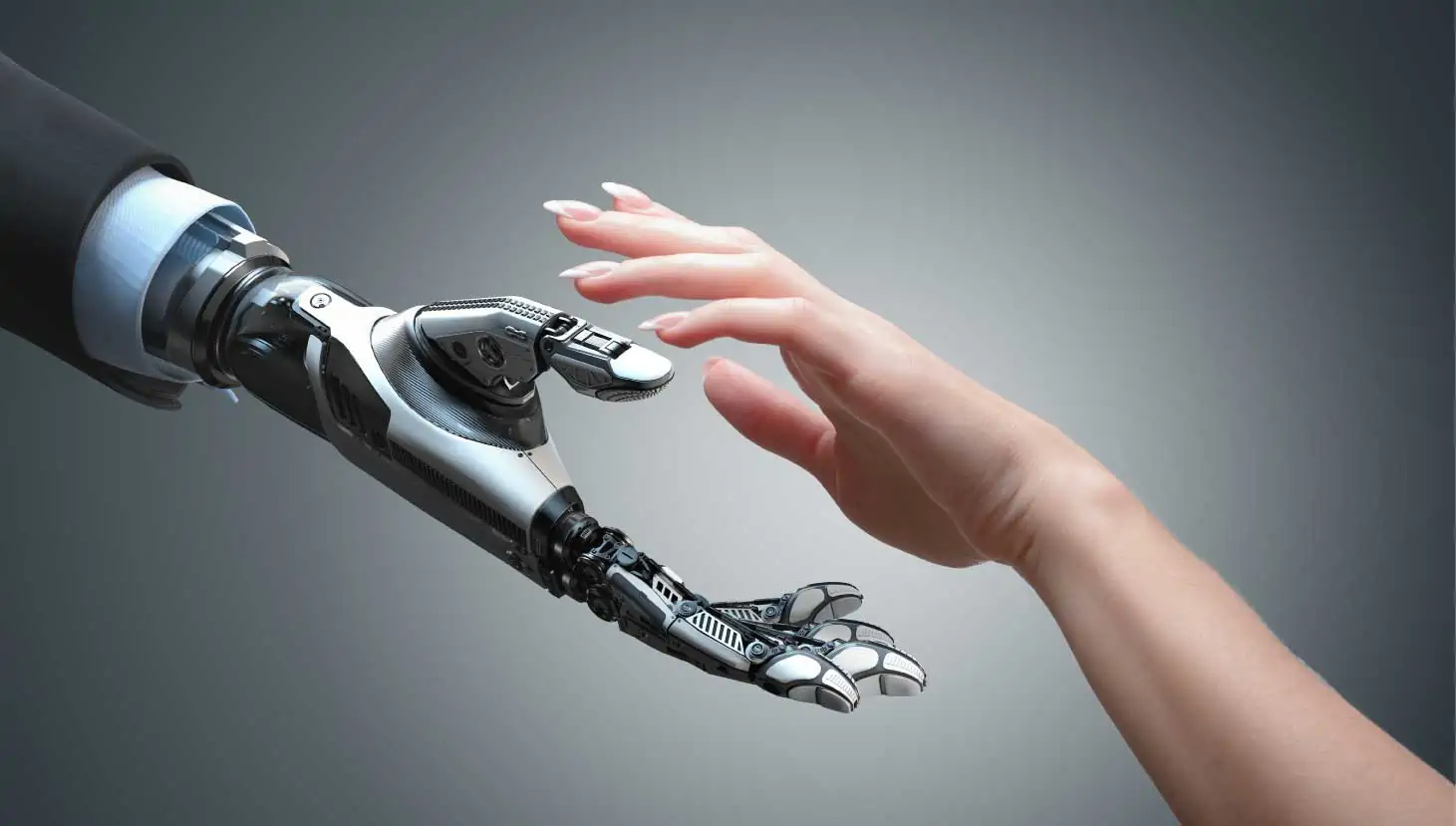There are two primary types of artificial intelligence we will interact with daily: AI Assistants and AI Agents. Many of us already use AI Assistants like Siri, Alexa, and ChatGPT to perform tasks based on voice commands and prompts. However, the next wave of AI technology will be AI Agents, which represent a more advanced form of intelligence. Unlike Assistants, AI Agents will operate autonomously, making decisions to achieve set goals. This transition from Assistants to Agents underscores the rapid evolution and expanding capabilities of these large language models.
Defining AI Assistants & AI Agents
AI Assistant
An AI Assistant is a software program designed to perform tasks or services for an individual based on commands or questions. These assistants utilize natural language processing (NLP) to understand and respond to user inputs. AI Assistants are typically integrated into devices such as smartphones, computers, and smart speakers.
AI Agent
An AI Agent, on the other hand, is a more autonomous system capable of performing tasks independently, often with the ability to learn and adapt over time. AI Agents are designed to operate within specific environments, making decisions and taking actions to achieve predefined goals without requiring constant user input.
Core Differences
- Autonomy
- AI Assistants: These systems are reactive. They respond to user commands and queries but do not operate independently. For example, when you ask Siri to set a reminder, it performs the task immediately based on your input.
- AI Agents: These systems are proactive. They can make decisions and act without direct instructions. For instance, a self-driving car navigates through traffic autonomously, making decisions in real-time to ensure safety and efficiency.
- Learning Capability
- AI Assistants: Generally, AI Assistants have limited learning capabilities. They can improve responses based on past interactions but do not typically learn or adapt beyond this scope.
- AI Agents: AI Agents often employ machine learning algorithms to adapt to new information and environments. They continuously learn from their experiences to improve performance and decision-making over time.
- Task Complexity
- AI Assistants: They handle relatively simple and repetitive tasks, such as scheduling meetings, sending messages, or providing weather updates.
- AI Agents: They are designed to manage complex tasks that may involve multiple steps and decision points, such as managing supply chain logistics, executing trades in financial markets, or controlling robotic systems in manufacturing.
Use Cases
AI Assistant Use Cases
- Virtual Personal Assistants
- Example: Apple’s Siri, Google Assistant, and Amazon Alexa.
- Functionality: These assistants help users with daily tasks such as setting reminders, answering queries, playing music, and controlling smart home devices.
- Impact: They enhance productivity and convenience, allowing users to perform tasks hands-free.
- Customer Support
- Example: Chatbots on websites like Drift or Intercom.
- Functionality: These AI Assistants handle customer inquiries, provide product information, and troubleshoot common issues.
- Impact: They improve customer service efficiency by handling a large volume of requests and providing instant responses.
- Healthcare Assistants
- Example: Buoy Health, Ada Health.
- Functionality: These assistants help users understand symptoms and suggest possible conditions or treatments.
- Impact: They provide initial health assessments and guidance, potentially reducing the burden on healthcare professionals.
AI Agent Use Cases
- Autonomous Vehicles
- Example: Waymo, Tesla Autopilot.
- Functionality: AI Agents in these vehicles make real-time decisions to navigate traffic, obey traffic signals, and avoid obstacles.
- Impact: They aim to improve road safety, reduce traffic congestion, and provide convenient transportation.
- Financial Trading
- Example: Algorithmic trading platforms like Renaissance Technologies or Two Sigma.
- Functionality: These AI Agents analyze market data, identify trading opportunities, and execute trades autonomously.
- Impact: They can potentially increase trading efficiency and profitability by making rapid, data-driven decisions.
- Smart Manufacturing
- Example: Siemens’ MindSphere, GE’s Predix.
- Functionality: AI Agents monitor production processes, predict maintenance needs, and optimize supply chains.
- Impact: They enhance operational efficiency, reduce downtime, and improve product quality.
Integration and Future Prospects
As AI continues to advance, the line between AI Assistants and AI Agents may blur. Integration of more advanced machine learning techniques into AI Assistants could enable them to perform more complex tasks autonomously. Similarly, AI Agents could become more interactive and user-friendly, incorporating aspects of AI Assistants to enhance their functionality.
Integration Examples
- Smart Home Systems
- Example: Integration of AI Assistants like Alexa with AI Agents that manage home energy usage.
- Functionality: Users can give commands to Alexa to control home devices, while an AI Agent optimizes energy consumption based on usage patterns.
- Impact: This integration enhances convenience and promotes energy efficiency.
- Enterprise Solutions
- Example: Combining AI Assistants for employee support with AI Agents for workflow automation.
- Functionality: Employees use AI Assistants to schedule meetings and access information, while AI Agents manage backend processes like data entry and report generation.
- Impact: It streamlines operations and improves productivity by reducing manual tasks.
Ethical & Practical Considerations
The deployment of AI Assistants and AI Agents raises important ethical and practical considerations. Ensuring privacy and security, particularly with AI Assistants that handle personal data, is paramount. Meanwhile, AI Agents operating autonomously must be designed to make ethical decisions, especially in high-stakes environments like autonomous driving or financial trading.
Ethical Examples
- Data Privacy
- Example: Ensuring AI Assistants comply with data protection regulations like GDPR.
- Functionality: Implementing robust encryption and user consent mechanisms.
- Impact: Protects user privacy and builds trust in AI technologies.
- Decision-Making in Autonomous Systems
- Example: Designing AI Agents in self-driving cars to prioritize human safety.
- Functionality: Programming ethical decision-making frameworks.
- Impact: Ensures responsible behavior in critical situations.
The Future of AI Integration
Understanding the distinction between AI Assistants and AI Agents is crucial for leveraging their respective strengths. AI Assistants excel in performing user-directed tasks, enhancing daily productivity and customer service. In contrast, AI Agents operate autonomously, managing complex, multi-step processes across various industries. As technology evolves, the integration of AI Assistants and AI Agents will likely lead to more sophisticated and versatile applications, driving innovation and efficiency in numerous domains.



